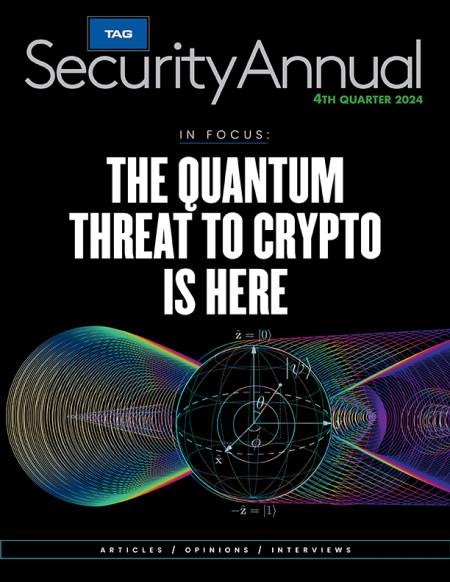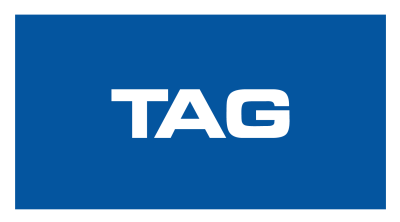Why We Can’t Afford to Ignore Quantum Computing, Even if We Don’t Completely Understand It
Available For Free Download

NEW YORK, NY, December 4, 2024 (Newswire.com) - Remember the fear that the Y2K bug provoked in 1999? There was deep concern-even panic-that when the calendar turned to Jan. 1, 2000, networks and systems that could only accommodate dates from the 1900s would come crashing down, wreaking havoc that was sure to cause many deaths.
If that sounds like a distant memory, it may be time to start thinking about Y2Q, the shorthand cyber experts use for "year to quantum." Though quantum computing is still in its infancy and some writing about it can come across as geeky, it is progressing rapidly and the danger it poses to the global internet is not a matter of if but when.
Experts agree that it's only a matter of time before this new technology will be able to crack the encryption that protects the secrets that keep the internet secure. The challenge is to swap current safeguards with post-quantum replacements. And though any potential catastrophe seems years away, it's hard to know how quickly the quantum technology being developed by nation-states is advancing.
The new issue of the Security Annual published by TAG Infosphere has four articles and a short story on this topic. The first one is an interview with Peter Shor, the mathematician who in 1994 created the quantum algorithm that now bears his name. Shor said he believes it will likely be another decade before a quantum computer will be capable of cracking the code. But that doesn't mean there's no reason to hurry.
"If you don't want the internet to suddenly become useless because people can see all the encrypted messages on it," Shor said in the interview, "you need to switch to quantum-proof cryptography." It will take the same kind of massive effort that was mustered to resolve the year 2000 bug, he said.
"There was an immense amount of programming put into pretty much every system to get around the bug," he continued. "So we're going to need essentially the same level of effort to go through all the internet software and take out the RSA codes and put in quantum-proof ones." And right now it's not clear whether they exist, he added.
The three other articles in the TAG publication explore these issues in depth. TAG's CEO, Dr. Edward Amoroso, advises in one of them: "For organizations concerned with the quantum threat, the time to act is now. Waiting for public announcements of quantum breakthroughs could leave them vulnerable."
The last piece is a short story set in the future. The power of quantum technology is on full display. It has brought tremendous medical advances that have helped extend lives, but it has also been used to threaten geopolitical stability. In the end, after a tech company destabilizes a nation-state in what is essentially a hostile takeover, a small international group of defenders joins to launch a cyberattack in a desperate attempt to restore order
Readers can download the issue for free here.
Contact Information
Lester Goodman
Director of Content, TAG
lgoodman@tag-cyber.com
914.588.1369
Source: TAG Infosphere
